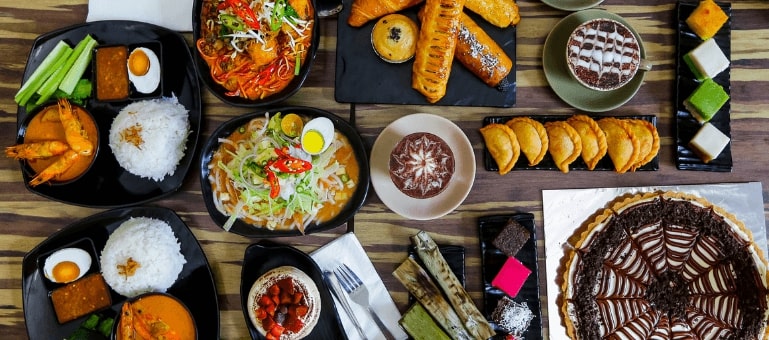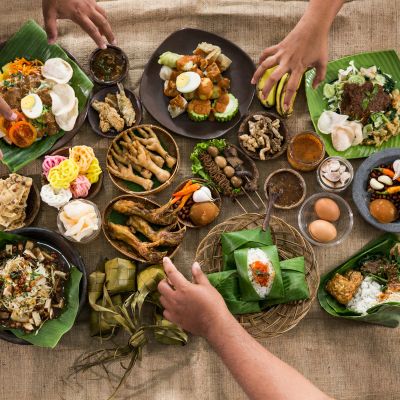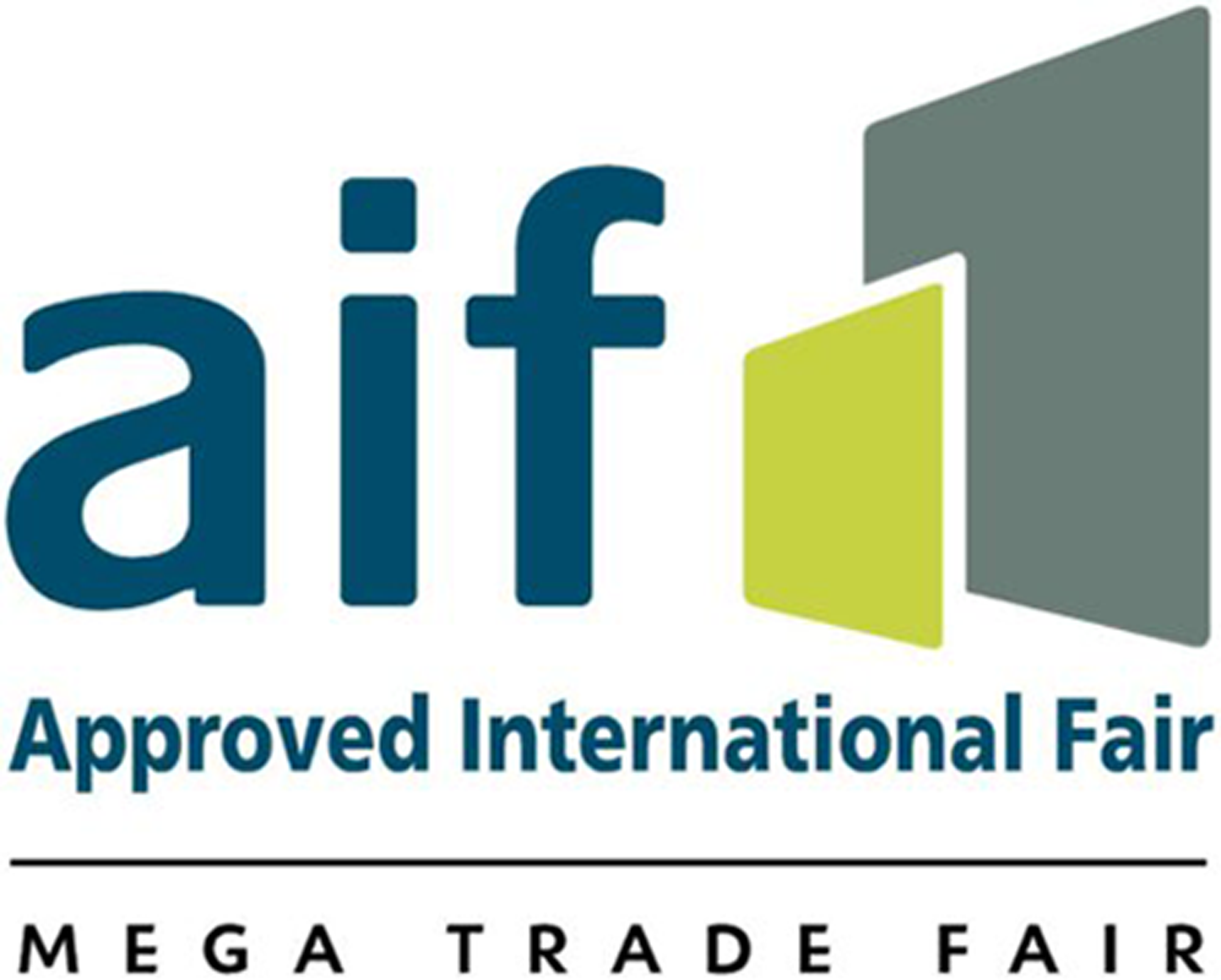Halal food holds a special place in the hearts and dining tables of millions of Muslims around the world. This concept goes beyond just what’s on the plate; it’s a way of life deeply rooted in Islamic dietary laws and regulations. From farm to fork, Halal food follows strict guidelines to ensure it is prepared, processed, and served in accordance with religious practices.
Throughout this article, we’ll uncover the significance of Halal food, its impact on culinary traditions, and the values it represents in Muslim culture. So, get ready to savor the essence of Halal as we delve into its rich and meaningful journey. Let’s begin!
What is Halal Food?
Halal Food Definition
Have you ever wondered what makes food Halal? Let’s understand the concept of Halal food and delve into its deeper meaning in Islamic tradition.
At its core, Halal refers to food and beverages that are permissible and lawful according to Islamic dietary laws. It goes beyond just the ingredients; it encompasses the entire process of preparation, ensuring that every step adheres to religious guidelines.
From sourcing to cooking, Halal practices ensure that the final product is pure and free from anything that might be considered harmful or forbidden.
For a food item to be truly Halal, it must receive the Halal certification from trusted authorities. This certification serves as a seal of approval, guaranteeing that the food meets the stringent requirements set forth by religious practices.
Muslims worldwide rely on this certification to make informed choices about what they consume, reflecting their commitment to aligning their dietary choices with their faith.
As we unravel the concept of Halal food, we’ll discover the significance it holds in Islamic tradition and the values it represents in the lives of millions.
Halal Principles and Guidelines
In the world of Halal food, principles and guidelines play a crucial role in ensuring the purity and permissibility of every morsel. Let’s dive into the essence of Halal and explore the importance of adhering to specific dietary requirements.
- Prohibited Ingredients: At the heart of Halal principles lie the avoidance of certain ingredients that are considered haram (forbidden) in Islamic tradition. Among these are pork and it’s by-products and alcohol and intoxicating substances. These ingredients are believed to be harmful to both the body and the soul, and their presence in food is strictly forbidden.
- Halal Slaughter: The animal slaughter method is paramount in Halal food. The practice of Halal slaughter involves the swift and humane slaughter of animals by a trained Muslim slaughterman. This process is believed to ensure that the animal’s life ends swiftly and without unnecessary suffering, adhering to the values of compassion and respect for all living beings.
- Alcohol-Free and Pork-Free: Halal food embraces the principle of being alcohol-free and pork-free. Muslims refrain from consuming alcoholic beverages and diligently ensure that pork and its derivatives are absent from their diets. This commitment to purity extends to beverages, flavorings, and even food preparation surfaces to maintain the sanctity of Halal.
By complying with these Islamic dietary laws, Halal food becomes a symbol of faith and purity for Muslims. It represents a conscious effort to align their dietary choices with their religious beliefs and values.
Cultural and Religious Importance
Halal in Muslim Culture

In the vibrant tapestry of Muslim culture, Halal food weaves into the fabric of traditions, celebrations, and daily life. Let’s explore the cultural and religious importance of Halal practices within Muslim communities.
Halal Cuisine
Culinary traditions play a significant role in defining cultural identity, and Halal cuisine is at the heart of it all. From aromatic biryanis to delectable kebabs, Halal dishes carry the essence of family recipes passed down through generations. Every meal becomes a celebration of cultural heritage, reflecting the flavors and aromas that connect individuals to their roots.
Halal Festivals
Festivals and celebrations come alive with Halal food, adding a delicious dimension to joyous occasions. From Eid (Hari Raya) feasts to Ramadan iftars, Halal dishes take center stage, symbolizing unity, togetherness, and gratitude. These culinary traditions foster a sense of community and belonging, creating cherished memories that transcend time.
Halal Dining
In the tapestry of daily life, Halal practices are woven seamlessly into every dining experience. Muslims seek Halal options to nourish their bodies and souls at home or in restaurants. This culinary mindfulness expresses their faith and upholds their cultural values through every meal they enjoy.
The significance of Halal food extends beyond its nutritional value; it becomes a way to preserve traditions, honor religious beliefs, and create a sense of identity within Muslim communities.
The Spiritual Aspect of Halal
Halal food goes far beyond just nourishing the body; it nurtures the soul and serves as a profound act of obedience to the Divine. Let’s explore the spiritual aspect of Halal and discover how it strengthens the spiritual connection of Muslims with their faith.
Obedience to Divine Guidance
For Muslims, consuming Halal food is an act of obedience to the commandments of Allah. Following the guidelines of Halal is a way to express submission to the Divine will and demonstrate trust in His wisdom. By embracing Halal practices, Muslims align their daily lives with their religious beliefs, seeking divine blessings in every meal they partake in.
Holiness in Nourishment
The significance of Halal food goes beyond physical nourishment; it elevates the dining experience to a sacred act. Muslims believe that consuming Halal food purifies the body, heart, and soul. It becomes an opportunity to reflect on gratitude, humility, and the blessings bestowed upon them.
Strengthening Spiritual Connection
Eating Halal is a continuous reminder of one’s faith and a means to maintain a strong spiritual connection. Every Halal meal reminds Muslims of their religious duties and values. This mindful approach to dining reinforces their commitment to Islam and creates a sense of mindfulness and presence in their spiritual journey.
Halal Blessings
Muslims believe that they receive blessings and spiritual rewards by consuming Halal food. This conviction further deepens their connection to their faith, encouraging them to seek Halal options in all aspects of life, both at the dining table and beyond.
In the realm of Halal practices, dining becomes a profound expression of devotion and a way to seek closeness to the Divine. Embracing Halal food becomes a spiritual journey, intertwining the soul with religious values and affirming the significance of faith in every aspect of life.
Halal Food Certification
The Role of Certification
Let’s explore the significance of Halal food certification and how it empowers consumers to identify genuine Halal products confidently.
- Ensuring Compliance: Halal food certification serves as a stamp of approval, assuring consumers that the product adheres to stringent Halal principles. Accredited Halal agencies meticulously evaluate each stage of the food production process, from sourcing ingredients to preparation, to ensure that Halal guidelines are faithfully followed. This rigorous process reassures consumers that their dining choices align with their religious beliefs.
- Halal Authentication: For many consumers, the Halal label on a product carries a profound spiritual significance. It signifies more than just permissible food; it represents a connection to faith and a way of life. Certified Halal products are a reflection of the utmost care and dedication to Halal practices, and they carry a sense of trust that resonates deeply with Muslims worldwide.
- Empowering Consumers: With the increasing demand for Halal products, certification processes are vital in empowering consumers to make informed choices. The Halal label acts as a guiding light, leading consumers to authentic Halal options in an ever-expanding market. This transparency ensures that Halal food is accessible to Muslims from all walks of life, enabling them to enjoy Halal cuisine confidently.
- Halal Agency Accreditation: The role of accredited Halal agencies in the certification process cannot be understated. These agencies are entrusted with the responsibility of maintaining the integrity of Halal standards and ensuring that all certified products meet the highest Halal requirements. Their dedication and expertise build the bridge of trust between consumers and Halal food producers.
Global Adoption of Halal Food

Beyond the boundaries of Muslim-majority countries, Halal food has embarked on a remarkable journey of global adoption. The Halal market’s expansion has transcended cultural and religious barriers, appealing to diverse consumer preferences and dietary choices around the world.
- Global Halal Market: The Halal food industry has witnessed exponential growth, reaching far beyond its traditional roots. With the increasing demand for ethical and high-quality food, Halal products have found a receptive audience among both Muslim and non-Muslim consumers. This growing market has opened new avenues for food producers and entrepreneurs, propelling the Halal industry into the international spotlight.
- Embracing Halal Choices: Non-Muslim consumers have enthusiastically embraced Halal food choices, recognizing its values of purity, transparency, and ethical sourcing. The appeal of Halal food extends to those seeking healthier and environmentally conscious options and individuals adhering to specific dietary requirements. Halal restaurants and products have become a symbol of inclusive dining, where everyone can come together to savor flavors that unite cultures and traditions.
- Diverse Market: The Halal market is as diverse as the communities it serves. From gourmet Halal restaurants in bustling metropolises to Halal food festivals that celebrate culinary diversity, the Halal industry caters to an array of tastes and experiences. This inclusivity has fostered a sense of a global culinary community, where Halal choices provide a bridge to understanding and appreciation among cultures.
- Halal Food Export: Halal food has become a prominent export for many Asian countries. According to a report by Muslim lifestyle and travel consultancy CrescentRating, there is a rapid expansion in the availability of Muslim food in Singapore.
contributing to economic growth and international trade. The rising demand for Halal products has led to cross-border partnerships and collaborations, further enriching the global Halal market.
Conclusion
In conclusion, Halal food is important for more than just religious and cultural reasons. It offers a variety of flavors and traditions that bring people together, both within Muslim communities and around the world. Halal food represents ethical and natural choices, showing respect for animals and the environment.
Halal food isn’t just about eating – it’s about sharing values and experiences. By following Halal guidelines, both producers and consumers support a sustainable and inclusive food system. This journey isn’t just about enjoying tasty meals but also about building connections and understanding among different people.
As we enjoy Halal dishes and learn about their stories, we realize that their significance goes beyond just food. They represent a mix of old and new, a way to honor our origins and connect with others. Whether we’re eating at home, at a local restaurant, or somewhere far away, Halal food reminds us that food brings us together and helps us appreciate the wonderful diversity of our world.













